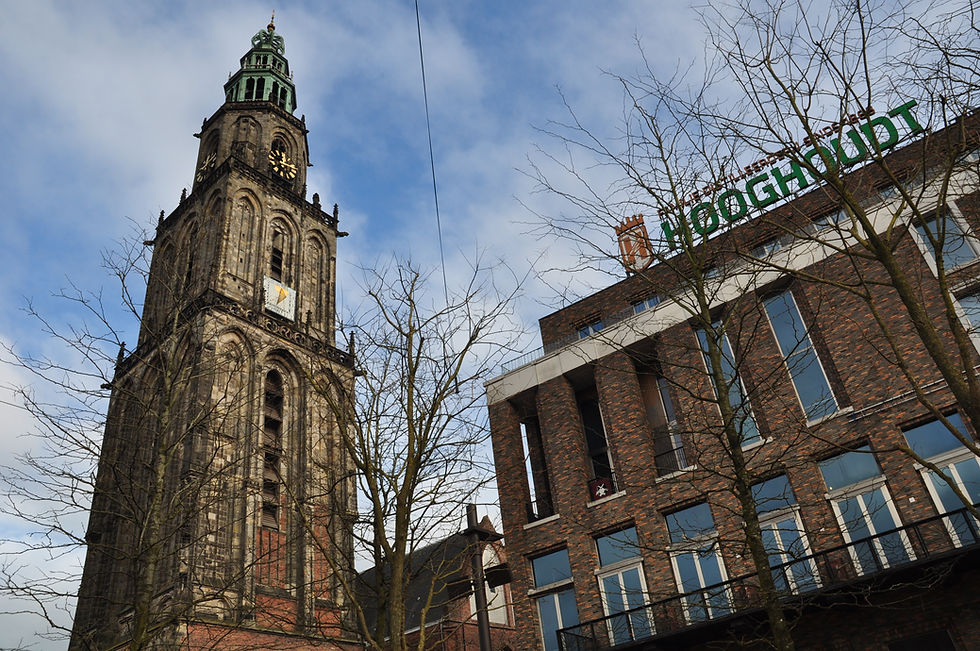Concerns Over Student Engagement as University Elections Loom
- Sam O. Maguire & Karina Karagyoz

- Jan 29
- 3 min read

This May, the students and staff of the University of Groningen will vote in the university council elections. After a low turnout last year, The Glass Room spoke to university students and members of two participating student parties to gauge engagement and awareness surrounding this year’s elections.
The elections, which take place between May 12-16, will decide who sits on the university council. Students have the right to vote for candidates in the university and faculty councils. According to student newspaper UKrant, 2024’s elections saw a marginally higher, but still low, voter turnout than 2023’s.

The university council is made up of twenty-four members, twelve of which are elected by the students each year. The council is the university's highest governing body elected through a democratic process. It is responsible for various tasks, such as determining the annual budget, monitoring wider university policies and ensuring the buildings are renovated.
For more information on the election process see our timeline below:
Margreet Hoek, the chair of the party Studenten Organisatie Groningen told The Glass Room that the council has been working “behind the scenes” to increase communication and engagement with the student body. “In the sense of democratic decisions, it is important that many students vote. But it's really difficult to get that through.”
Ivar Kuper, faction chair from the Lijst Calimero party expressed similar frustrations about the lack of communication within the university. “For example, at my faculty, there's not good communication about a lot of topics. And also in the whole university,” he told The Glass Room. “A lot of students don't know what's going on, it’s the same with the elections, they don't know what it is.”
"A lot of students don't know what's going on" - Ivar Kuper, faction chair Lijst Calimero
Eyla and Sophia, two International Relations students at the university, said that they both voted last year, but found the communication about the elections lacking. “I hear other people talking about it, like, I know that it's happening,but I don't really understand the structure of it,” Sophia told The Glass Room.
When it comes to information from students about the elections, Eyla said she was only aware of them through personal connections with faction members. “Maybe there's stuff on social media,” she said.
In terms of the relevance of the university council, Hoek says that it is an essential way for students to decide how they want their university to be. “There is a democratic process. This is the direct way of students having a voice in some of the policy questions at university.”
Another faction member of Lijst Calimero, Kristóf Csölle, told The Glass Room that one of the most important roles of the parties is to notice “what's actually going on in the student body, what the students want, and communicate that to the board of the university.”

The voter register will become available for students on February the 4th. Students then have two days to issue corrections. The parties putting forward candidates so far are Lijst Calimero, Studenten Organisatie Groningen (SOG) and De Vrije Student. The Glass Room contacted all of them, but De Vrije Student was unavailable for comment.




Comentarios